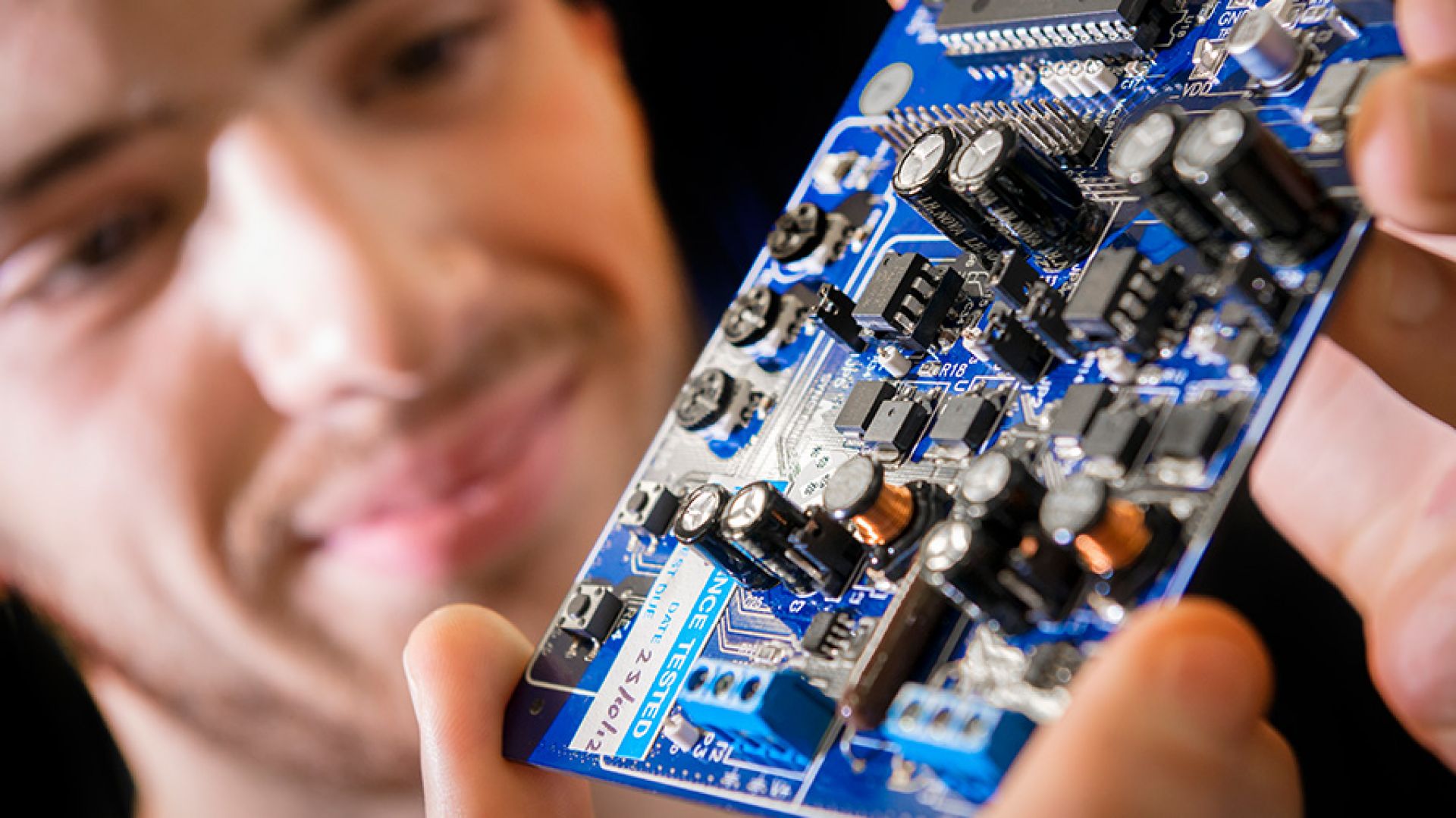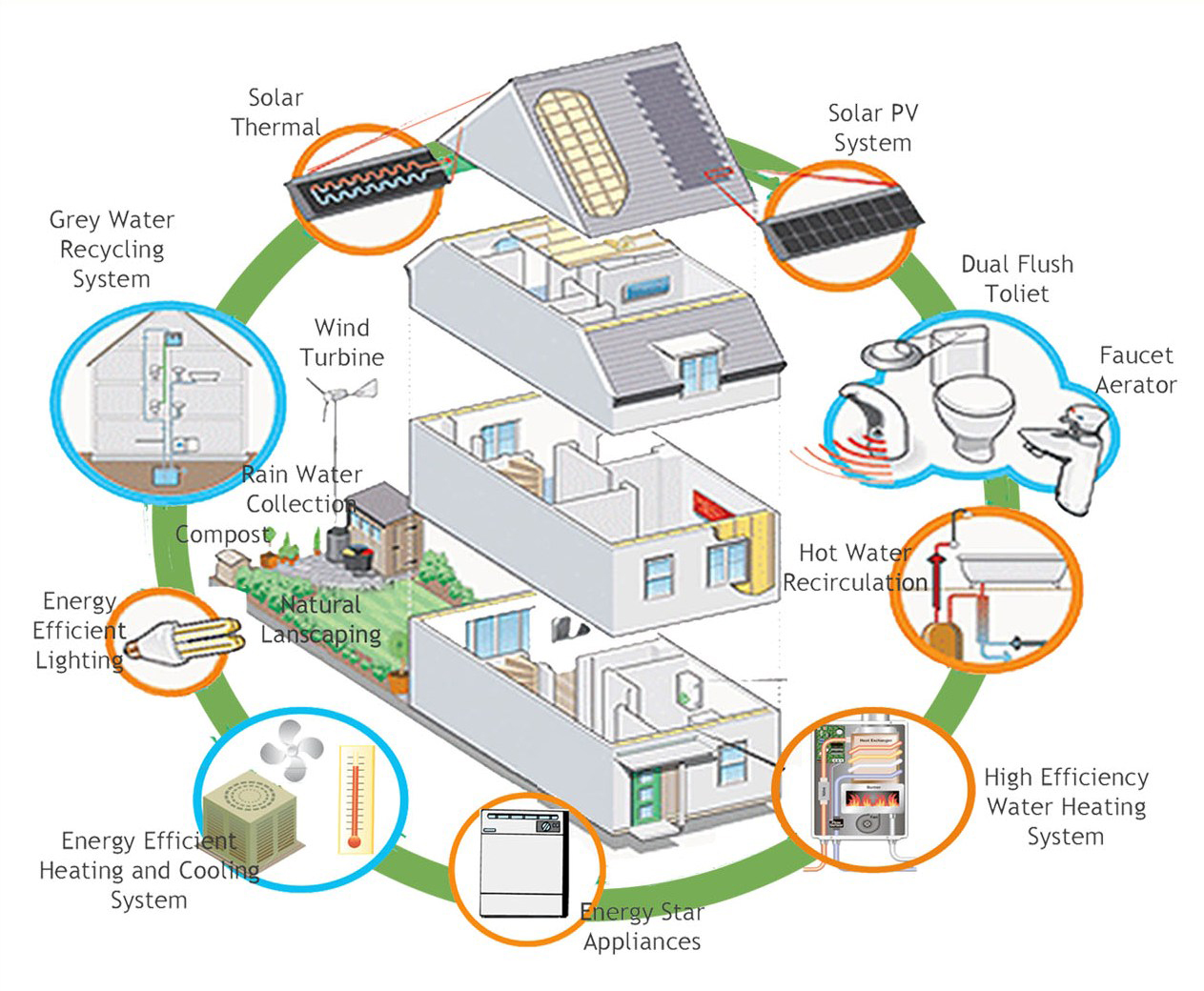What Is Electrical Engineering All About?
As a professional in the field, it is essential to stay up-to-date on the latest developments in electrical engineering. That's why we highly recommend taking this 13-course series, which provides essential training on a variety of topics.
The courses cover everything from circuits and systems to electronics and digital signal processing, ensuring that you have a comprehensive understanding of the field. Whether you're just starting out or are a seasoned professional, there's something here for everyone.
One of the key benefits of these courses is the focus on practical applications. Each course includes hands-on exercises and projects that allow you to apply the concepts you've learned in real-world scenarios. This not only helps you retain the information better, but also prepares you for the types of problems you'll encounter on the job.
Another advantage of this series is its flexibility. You can take the courses at your own pace, allowing you to fit your education around your busy schedule. And because the courses are online, you can access them from anywhere in the world. This makes it easy to continue your education no matter where your career takes you.
But perhaps the most compelling reason to take these courses is the career opportunities they open up. Electrical engineering is a rapidly-growing field, with a high demand for skilled professionals. By completing these courses, you'll be equipping yourself with the knowledge and skills needed to excel in this exciting and rewarding career.
So what exactly will you learn in these courses? Here's a brief overview of each one:
1. Fundamentals of Electrical Engineering - This course provides an overview of the basic concepts and principles of electrical engineering, including circuit analysis, electromagnetism, and digital logic.
2. Circuit Analysis - In this course, you'll learn how to analyze circuits using various techniques, such as Kirchhoff's laws and mesh analysis.
3. Electric Circuits - This course covers the key elements of electric circuits, including resistors, capacitors, and inductors.
4. Electronics - In this course, you'll learn about electronic devices, such as diodes and transistors, and how to apply them in circuit design.
5. Digital Signal Processing - This course covers the theory and practice of digital signal processing, including the design and implementation of digital filters.
6. Linear Systems and Control - In this course, you'll learn about control systems and how to design and analyze them using linear algebra and other techniques.
7. Electromechanical Systems - This course covers the design and control of electromechanical systems, such as motors and generators.
- What Are The Emerging Trends In Power Distribution For Improved Energy Management?
- What Considerations Are Involved In Designing Electrical Systems For Data Centers And Cloud Computing Infrastructure?
- How Is Electrical Engineering Involved In The Development Of Smart City Infrastructure And Intelligent Urban Systems?
8. Power Electronics - In this course, you'll learn about power electronics, including power conversion and control techniques.
9. Digital Systems Design - This course covers the principles of digital systems design, including logic gates, arithmetic circuits, and sequential circuits.
10. Communications Systems - In this course, you'll learn about communications systems, including modulation, demodulation, and error correction coding.
11. Computer Networks - This course provides an overview of computer networks, including network protocols, architecture, and security.
12. Operating Systems - In this course, you'll learn about operating systems, including process management, memory management, and file systems.
13. Programming in C - Finally, this course teaches you the fundamentals of programming in C, one of the most widely-used programming languages in electrical engineering.
Overall, we highly recommend this 13-course series to anyone interested in pursuing a career in electrical engineering. With its practical focus, flexible schedule, and comprehensive coverage of the field, it's an investment that will pay dividends for years to come.




Post a Comment for "What Is Electrical Engineering All About?"